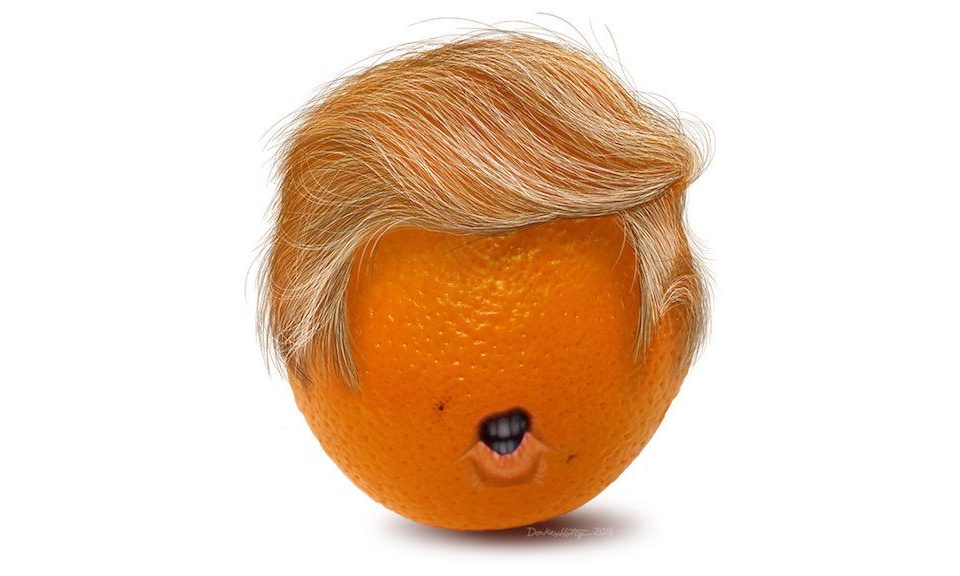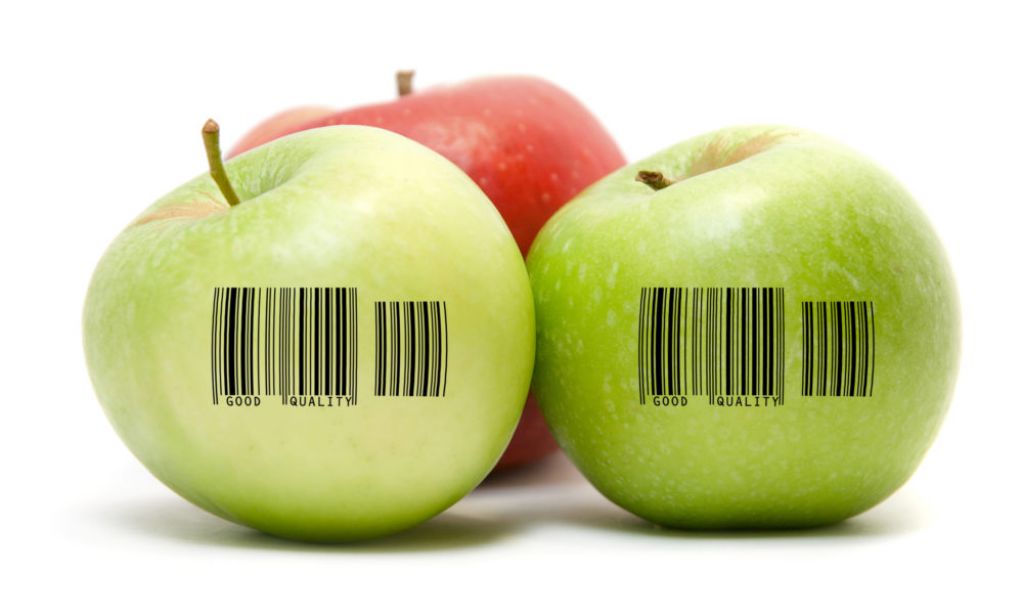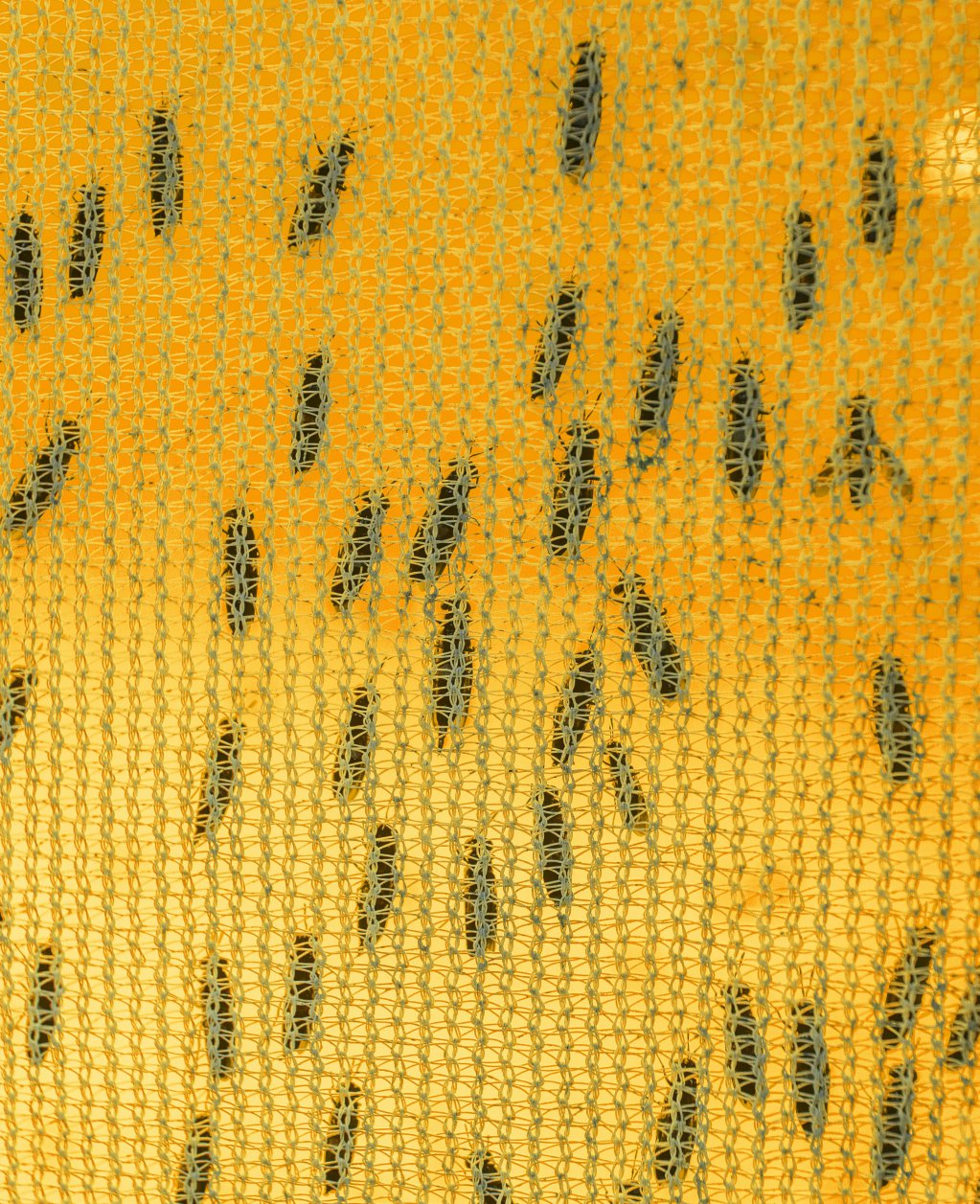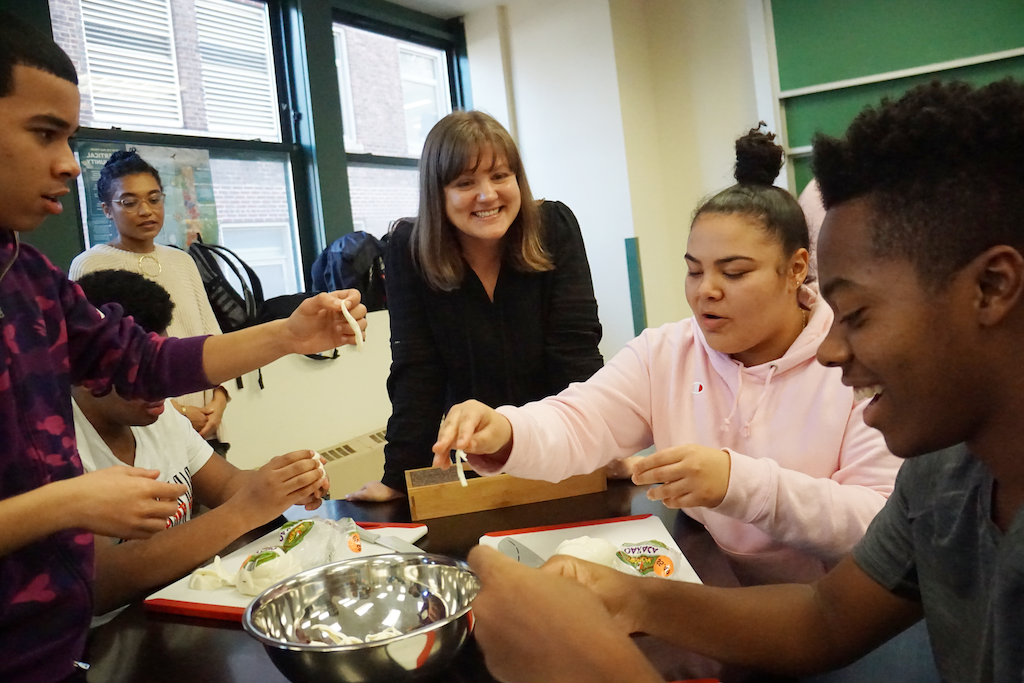
Jessica Fu
What if we’ve got the connection between food and health all wrong? What if it’s not just different from what we’ve thought, but it doesn’t exist at all?
If you’ve just tuned in, that’s what we’ve been talking about in this space for the last few weeks. We’ve looked at a new article by John Ioannidis, perhaps the world’s foremost expert on scientific error. In “Disclosures in Nutrition Research: Why It is Different,” which was published in the Journal of the American Medical Association in January of 2018, Ioannidis seems to be saying that, as untrustworthy as other forms of clinical research are, nutrition research is even worse. We’ve also talked to a researcher who takes the logical next step, arguing that once you’ve got the basic nutrients (that is, you’re not going to get scurvy or pellagra) diet has no impact on health at all: not saturated fat, not sugar, not sodium, not anything. Physical activity matters a lot, but not the specifics of diet.
I know, you don’t believe it. Fair enough. But what if these folks are right? In fact, let’s go further: What if encouraging people to buy organic has nothing to do with improving the environment? (It doesn’t, you know. Less than 1 percent of U.S. farmland is used to produce USDA-certified organic food. Even if those acres are managed with spectacular care—and you already know some of them aren’t—how much impact are they likely to have on the system as a whole?) And, for similar reasons, farmers’ markets and co-ops and the like aren’t likely to have any significant overall impact on economic fairness in the food system. Big employers will prevail, and big employers tend to treat people like shit when they can get away with it.
In short, let’s assume for a moment that the food movement isn’t about health or justice or any of those other things. It’s just about food. Where would that leave us? Would you still want to eat “well,” whatever that might mean, with health concerns pushed out of the way? Would you still want to campaign for other people to eat well?
Maybe your answer is no. That should trouble you, because it probably means you’re fighting the wrong battles in the wrong war. If you want to encourage better health, there are probably better ways to accomplish that than badgering people who can’t afford better food, don’t particularly want to eat it, and have bigger concerns on their minds than the metabolic effects of quinoa. If you want fair treatment of laborers, you need strikes and unions and regulations more than you need another little logo on a package. If you’re devoting yourself to strategies that make you feel good and get nothing done, cut it out. Life is short, and you can do better.
On the other hand, if you answered yes, you’d keep trying to change the way we all eat, it raises the not-at-all trivial question of why.
You’ll have your own answer to that. Mine, I confess, is a bit confused.
Part of it is about a sense of attachment to the natural world. To me, food is inextricably tied to the idea of cooking—cooking to nourish and please my family, cooking to have my hands on ingredients and experience first-hand the magic of heat and time in transforming them. We live in a world that’s mostly magic—microchips and biotech and quantum physics and all those things that are just too far away to experience vividly. With food, you can work a closer, simpler form of magic yourself. To me, it’s a way to remember what people are and where we came from.
Here’s the thing: I’m not a rich man, but I’ve got the time and money and leisure to have the kind of personal relationship with food I’m talking about. Does it make me healthier? I haven’t a clue. But I do know that I’m healthier because of the same factors that make me able to have that relationship with food: I live in a healthy situation, surrounded by people I love, doing work that I’m not ashamed of. I’m largely free from want and fear, with the leisure to think and learn and devote myself to the labor and the pleasures of maintaining a household—a home. Plenty of people don’t have that.
How did we get into this situation: one of the richest nations the planet has ever seen, squeezing the life out of the poorest among us, buying their labor for less than anyone needs, providing them with inadequate education and inadequate healthcare and begrudging them even that, glorifying thieves as the “productive” members of society? How do we get out of it?
Better food won’t hurt, I suppose. But if we want to really improve the American diet, so it feeds the soul as well as the body and stands as the cornerstone in a culture worthy of the nation we like to think we are, here’s a nutritional recommendation that just might help: Get the rich tostop eating the poor.
I started out a few weeks back by indulging my suspicions about the quality of what passes for food and nutrition science. I thought I’d find out that most of it doesn’t really pass muster, and that all sides of the great diet debate are guilty of wishful thinking or worse. But now here I am, someplace quite different, thinking, yes, about things like income distribution, but also about the ways people persuade other people to change their lives.
I don’t expect you to agree with the premise. But think about the question. It deserves an answer.










